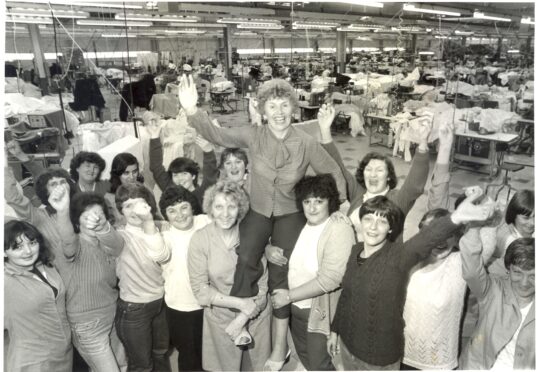
There was never a plan. When the women working at the Lee jeans factory were told they were to lose their jobs, they simply refused to leave.
None would have believed they would still be there 196 days later after one of Scotland’s most remarkable industrial actions.
The news of the planned closure of the plant, 40 years ago, was met with anger not just at the loss of livelihoods but that the owners, VF Corporation, had accepted taxpayers’ money to help build the plant in Greenock they were now wanting to close.
The town had suffered thousands of job losses in the shipbuilding industry which had sustained it for decades, and so several hundred factory jobs in the clothing industry were seen as vital.
The majority, though not all, of the Lee workers were women who in many cases had become the main breadwinner for their families as their husbands found work in the area increasingly hard to find.
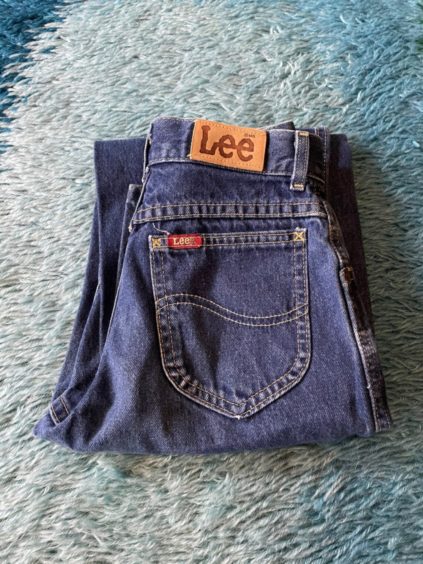
Having come to the conclusion that US-owned VF’s decision to shut the factory, and move production to Northern Ireland, would not be tolerated, the first night of the sit-in, on February 5 1981, saw 240 workers bed down in the factory’s canteen with fish suppers from sympathetic local takeaways smuggled in through a skylight to provide some sustenance.
In the weeks that were to come, the sit-in became more organised, with workers splitting into an 8am to 8pm dayshift and a corresponding 12-hour nightshift.
The protest sparked headlines and nationwide interest and, during the days, some of the women travelled the length and breadth of the country, often using two-for-one rail promotion tickets which were part of a popular marketing campaign on soap powder packs at the time.
They drummed up support and spoke to workers in other industries, including miners, about the importance of solidarity and fighting for what they believed in. They went to parliament and met with senior political figures including Labour’s Tony Benn and the party’s leader Michael Foot.
And ultimately, against all the odds, in August 1981, seven months after the sit-in had begun, the campaign proved successful. A management buyout was secured saving 140 jobs and ensuring production continued for two more years before the receivers were finally called in.
The sit-in not only staved off redundancy but forged bonds between the women which last to this day. A dinner to mark the 40th anniversary of the women’s victory, hosted by Inverclyde provost Martin Brennan at Greenock Town Hall on Thursday, saw around 70 former workers gather to reminisce, while on the menu was a fish tea, in a nod to the takeaways which had sustained them on their first night of the sit-in four decades previously.
Councillor Brennan said: “The Lee Jeans sit-in is a significant chapter in our industrial past and deserves to be remembered. The workforce, which was largely female, showed spirit and determination in the face of injustice and won. Their victory is unparalleled even to this day.”
The workers
Women, all sewing machinists, look back on the Lee factory work-in.
Helen Monaghan, 85
Although I was the factory shop steward with the Tailors and Garment Workers union at the time, we all felt it was right to make a stand.
The company had received large grants and we felt, as a result, the workers owned a stake in the factory. One of the main things was to make sure everyone behaved so no one would be able to paint us in a bad light. I am proud to this day of what we achieved.
Margaret Brown, 66
The factory became like a home from home for us. We brought in bedding and sun loungers, whatever we could get, to make it as comfortable as we could. We got into a routine and, although we started not knowing how long it would last, we quickly became well organised.
People in the local area and across the country were so kind with donations and that kept us going. Many of us still live locally and, if we see one another, we will stop and have a catch-up and often talk about what happened. We became like a family and that’s the way it has remained all of these years later.
Tricia Molloy, 62
I had only been married for two years at the time we were told the factory was shutting. We had bought a flat and my family were worried about how we were going to pay the mortgage if I lost my job.
We kept the factory going for two more years, and also made a bit of history in my opinion, but we just knew making a stand was the right thing to do. The camaraderie meant a lot, and still does.
Margaret Stevenson, 81
I was saving for my eldest daughter’s wedding in March 1981 when we got the news we were losing our jobs. I had a personal reason to fight on but there was a collective feeling we couldn’t let this go and shouldn’t let it happen.
I became known as one of the matrons, the slightly older ones who helped look after the younger girls in the sit-in, and we made sure everything was cleared up and there was no mess.
Ellen Larkin, 61
We had been given a commemorative mug by the company in 1981 in recognition of the good work the factory was doing and then, just a few weeks later, we’re told we were losing our jobs.
We felt we were being treated like mugs and that’s one of the reasons we decided to make a stand. We even walked from Greenock to the Chrysler factory in Linwood to support the workers there. It was about solidarity..
Margaret Wallace, 62
Greenock was an important industrial town and we didn’t feel it was right these jobs should be lost. Now the big shipyards and sugar refineries, where generations worked, are gone.
Even the IBM factory which employed thousands is now demolished. I read about the planned closure of the McVitie’s factory in Glasgow and it just saddens me. All these years on, jobs central to people’s lives are still being lost.

Enjoy the convenience of having The Sunday Post delivered as a digital ePaper straight to your smartphone, tablet or computer.
Subscribe for only £5.49 a month and enjoy all the benefits of the printed paper as a digital replica.
Subscribe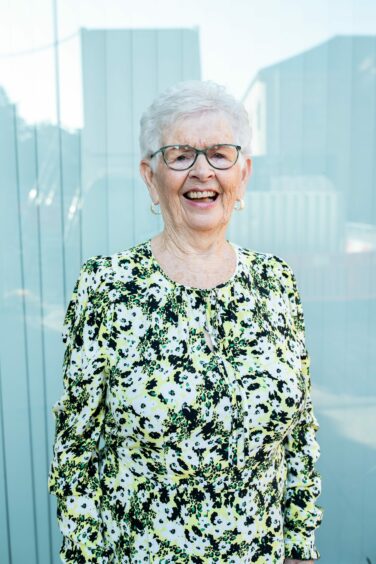 © Andrew Cawley
© Andrew Cawley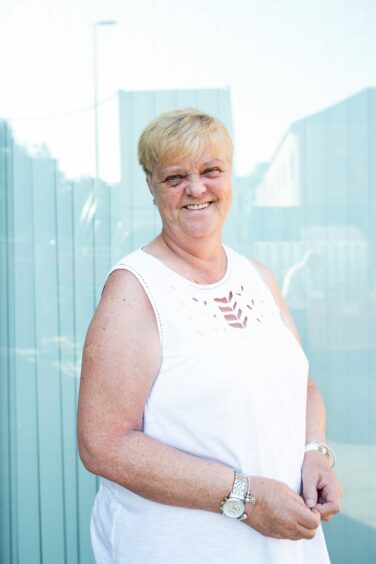 © Andrew Cawley
© Andrew Cawley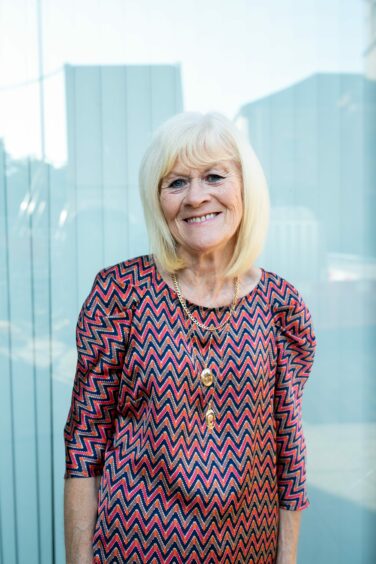 © Andrew Cawley
© Andrew Cawley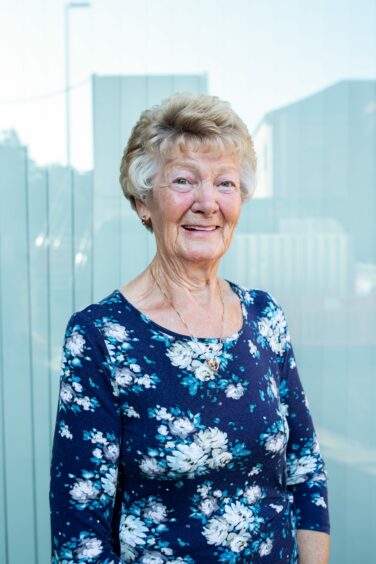 © Andrew Cawley
© Andrew Cawley © Andrew Cawley
© Andrew Cawley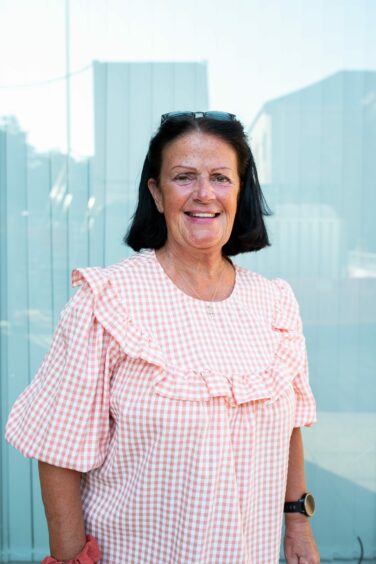 © Andrew Cawley
© Andrew Cawley